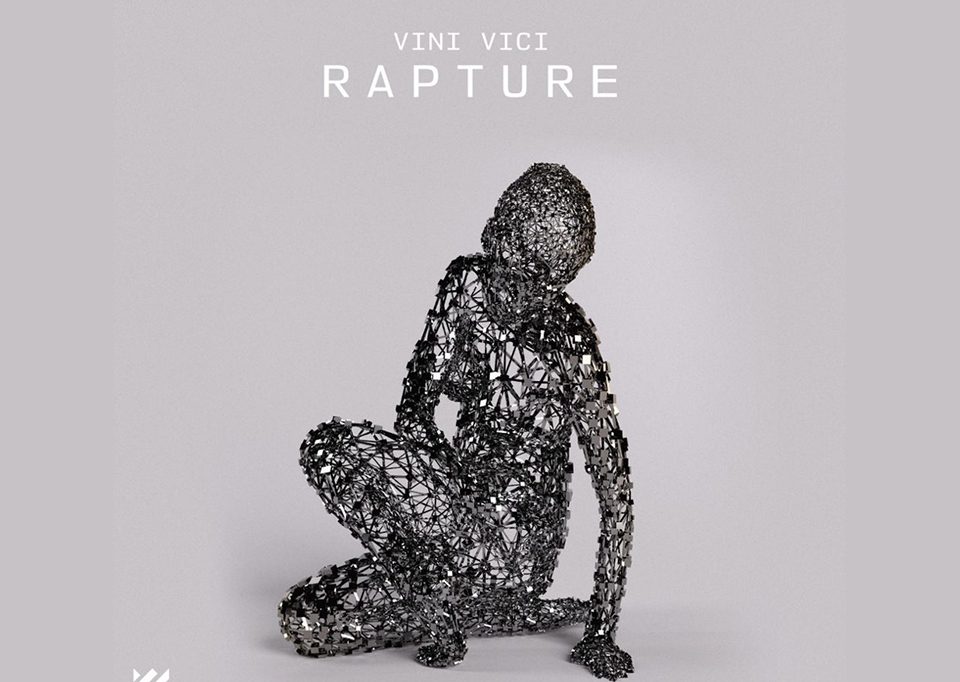Mixcloud founder: here’s what DJs need to know about music copyright

David Guetta wins DJ MAG Top 100 DJs 2020
November 7, 2020
Philippines Top 10 Beach Clubs Awards 2020
December 5, 2020Mixcloud founder: here’s what DJs need to know about music copyright

DJs around the world are becoming increasingly aware of copyright rules due to takedowns and mutings online – but the complex nature of music means that things aren’t always as clear as they could be.
Today, I hope to shed some light on this space that has been something of a gray area for many artists. We’ll discuss how things work, the copyrights that exist in a song, how licensing works in different countries, and why you need to know about all this as a DJ.
First: how copyright works
Let’s start with the two underlying pieces of intellectual property that are copyrighted in every song:
- The underlying musical composition (also known as a musical work): This refers to the notes, lyrics and composition that form the core of the song. These could all be written by one person, or by multiple songwriters – as is the case for many pop songs.
- The sound recording (also known as a ‘master’): This is created when you fix the musical composition in a tangible medium. Take, for example, when you go into the studio and record a track with a vocalist.
…and how to use it:
Anyone who wishes to use either of these copyrights from a song needs to license them from the person or entity that owns or controls the rights.
A Grant of Rights
Depending on how you would like to use them, you’ll need a different grant of rights in a license. Some examples of these grants include:
- A grant to publicly perform a sound recording
- A grant to record a cover version of a composition
- A grant to synchronize a composition to a video and make it available on-demand
Finding the right rights
This is only the first level of complexity. The next level arises because of the fragmented international nature of copyrights, and the fact that in each country or jurisdiction, you need to seek different rights from different entities.
To give some examples:
- In the United States, you need to clear the public performance right in musical composition through the ‘Performance Rights Organizations’ (ASCAP, BMI, SESAC, GMR). To make a copy of a composition (also called a ‘mechanicals right’) you can use a statutory license, but need to comply with certain regulations and rules written by congress. In the UK and most of Europe, these rights are usually bundled together and can be licensed through one entity such as the PRS in the UK.
- Sound recordings can either be licensed through a local collective management organisation like SoundExchange in the US. If the use case involves interactivity (meaning the ability for a listener to choose an individual song on-demand), you’ll need a direct license with record labels.
This matters to you as an artist. Here’s why.
So, why do you need to know about this complicated and obscure legal world as a DJ?
The answer is simple: if you play other people’s music, then the artists that get played should get paid.
This is the foundation of the modern music ecosystem, and supports our culture.
But not all platforms are behind this.
When streamers and DJs are hit by music copyright takedowns on other platforms like Facebook or Twitch, it’s because those platforms have not – for whatever reason – secured the right music licenses. They are not paying the artists that are getting played.
With that, keep in mind that it would be next to impossible for an individual DJ to clear the rights needed globally to stream a mix. This is not the fault of artists or labels. It’s down to the platforms.
Oftentimes, these platforms encourage DJs and artists to use their platforms despite not having the correct music licenses – all the while hiding in the small print of their terms and conditions that you“should not use copyrighted music.”
Many of these platforms are owned by some of the biggest businesses in the world, and yet are still dealing with copyright battles. For example, Twitch, which is owned by Amazon, has recently seen many DMCA takedowns for unlicensed copyrighted music.
These huge companies are very willing to use music to grow their businesses, but do they genuinely support music culture if they are not paying royalties to all artists?
Let’s talk about Mixcloud.
At Mixcloud, we have invested time, energy and resources to get the right licenses. That is why music takedowns do not happen on Mixcloud.
We are a small, independent organization, built by DJs, artists and a team of music lovers. We have built the only open platform that pays all rights holders (artists, labels, songwriters, publishers) and also pays DJs. Our monetization program pays 83% of revenue out to rights holders and channel owners.
If you love music and care about the future of this ecosystem, then it’s up to all of us to choose a streaming platform that does the right thing and supports the culture.



